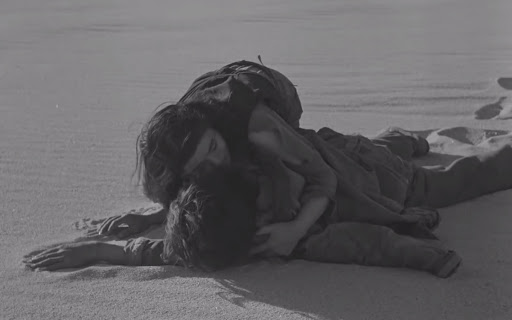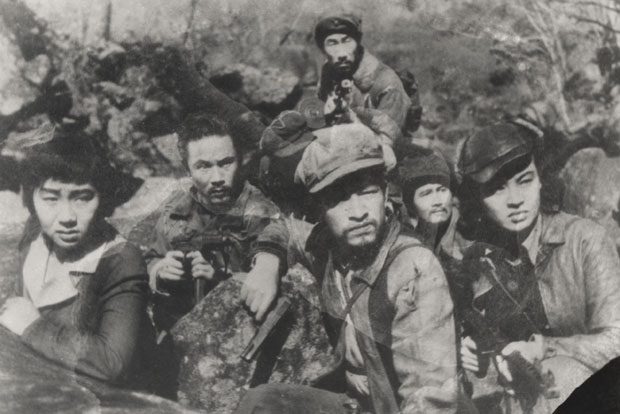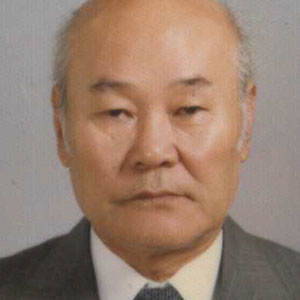[2020 평창영화제] 전쟁의 비극 ‘피아골’

“다시 평화!” 2020년 6월 중순, 강원도 평창에선 2020평창국제평화영화제가 열렸습니다. 코로나19로 극도의 긴장과 우려 속에 엿새간 치러졌습니다. 전 세계 주요 영화제가 취소 또는 연기되는 가운데 코로나 사태 이후 처음으로 열린 평창영화제는 안팎으로 ‘성공적’이었다는 평가를 받고 있습니다. <아시아엔>은 이번에 선을 보인 34개국 96편의 영화 가운데 선별해 독자들께 소개합니다. <편집자>
휴전 협정을 맺은 지 불과 2년에 되었을 때 나온 이강천 감독의 <피아골>은 1955년 당시 반공법에 걸려 상영이 금지되었고, 결말을 수정한 후에 극장에 걸릴 수 있었다.
그 이유는 “공산주의자를 인간적으로 그렸다”는 것. 전쟁이 끝났지만 지리산에 남아 있는 빨치산의 이야기인 <피아골>은 그들의 고뇌와 광기와 욕망을 통해 전쟁이 인간에게 남긴 상처를 드러낸다. 전쟁영화라기보다는 심리 드라마에 가까운 걸작.

Piagol
Lee Kang-cheon’s Piagol, a film that came out in 1955, just two years after the signing of the ceasefire agreement of the Korean War, was initially banned from screening for breach of the Anti-Communism Act.
It was only after the film’s ending was altered that the film could be shown in theaters. The offence in question was a “humanistic portrayal of communists.”
The film is about Korean partisans who remain in hiding in Mt. Jiri after the war has ended. Through its depiction of their anguish, madness and desire, Piagol lays bare the scars of war. It is a masterpiece that is more of a psychological drama than a war film.

이강천
1920년 충청남도 서천 출신<피아골>로 은마상을 수상했다. 초기에 전쟁을 소재로 한 영화를 주로 만들었고 이후에는 멜로에 주력했다. 1993년에 세상을 떠났다.
Lee Kang-cheon
Born in Seocheon, Chungcheongnam-do. He won Best Director with Piagol. While most of his early works are anti-communist films set in a war, his later works focus on melodrama.
Korea?1955?110min?Fiction?G





